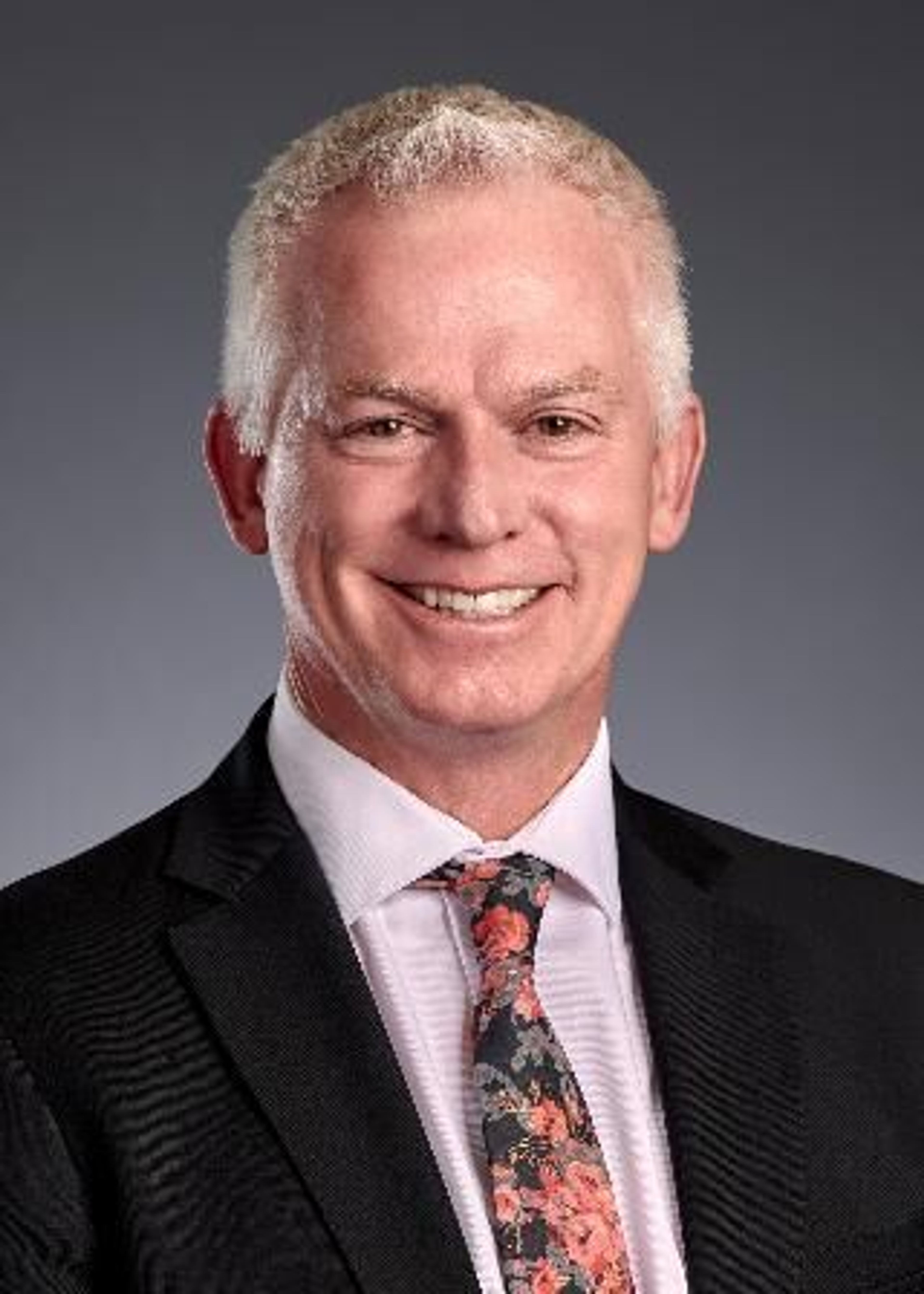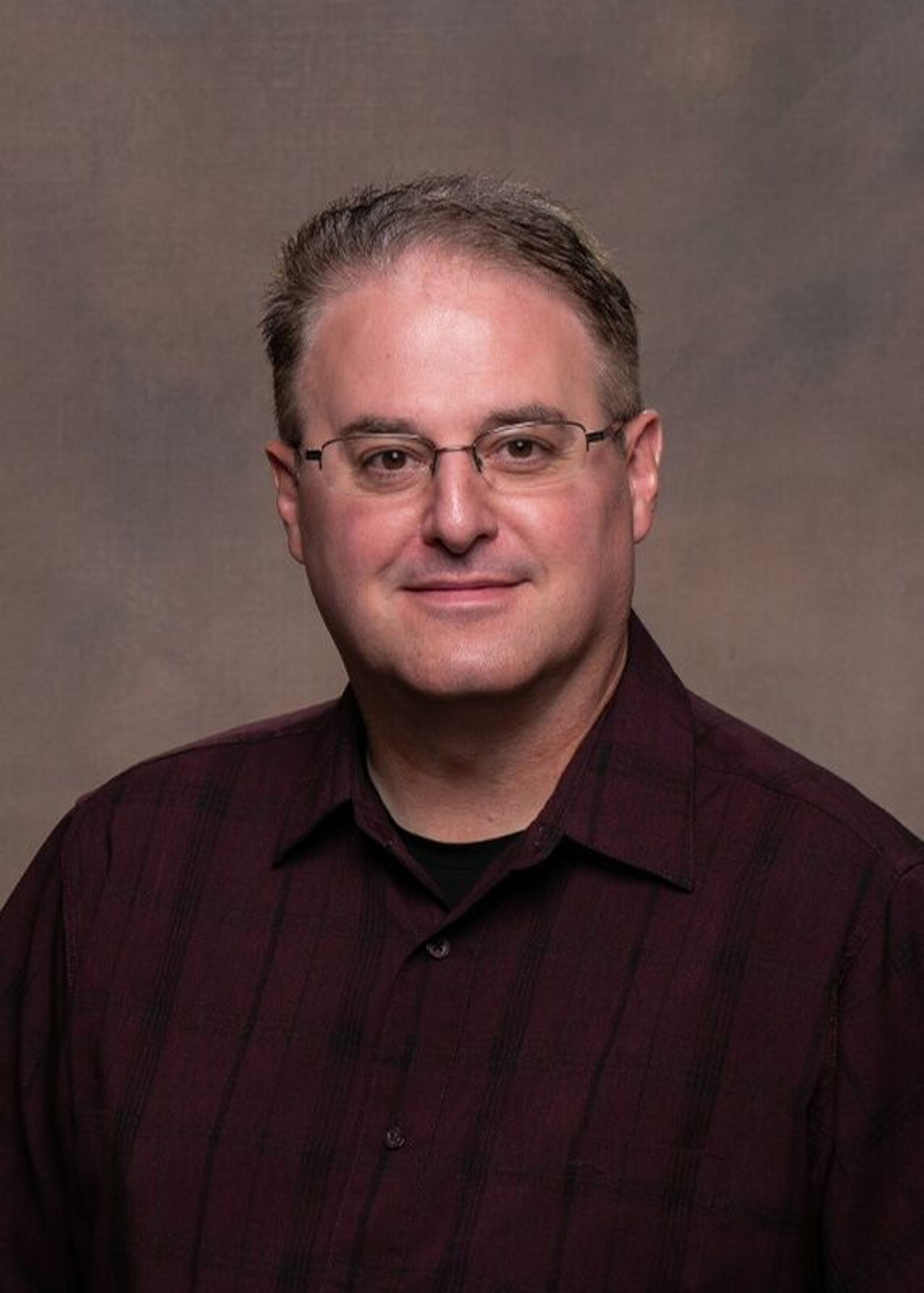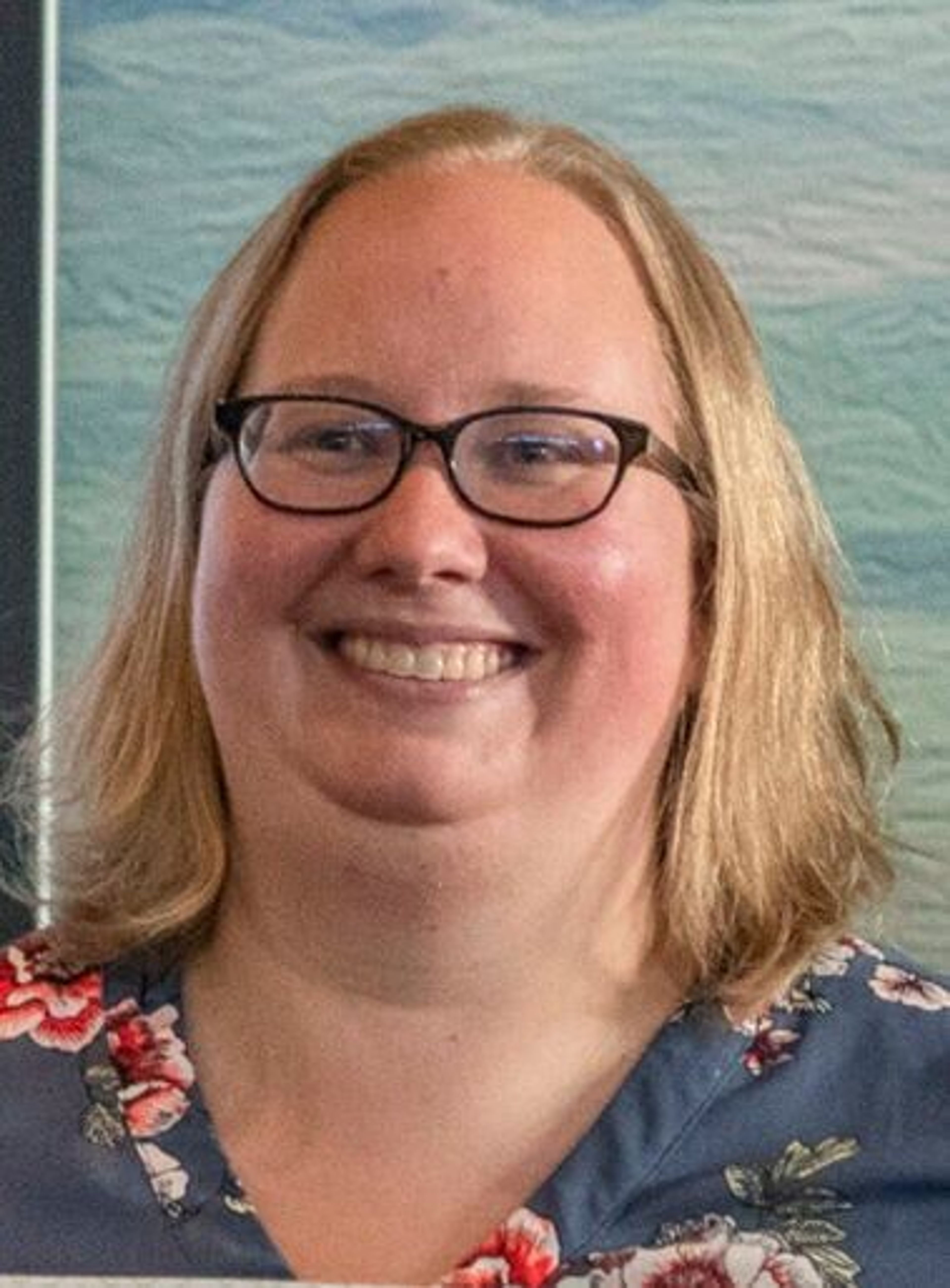Highly anticipated property tax relief introduced
Jason Monks’ bill in Idaho Legislature combines aspects of previous plans this year
BOISE — Rep. Jason Monks, R-Meridian, introduced a long-awaited property tax relief proposal Thursday that was a combination of previous proposals introduced this Idaho legislative session.
The sweeping legislation would use two one-time transfers in the first year to provide an estimated $205 million to $355 million in relief, divided between homeowners and school districts to pay off bonds and levies. In the out years, other ongoing sources of funding would be used to provide a range of relief, depending on revenues available.
Additionally, the bill would increase eligibility for what’s known as the circuit breaker, which is a tax exemption for low-income homeowners. It also eliminates March elections for school districts — something Rep. Ned Burns, R-Bellevue, found concerning, as it may impact teacher salary negotiations.
Monks noted in his presentation that the work on a property tax relief proposal has been at least four years in the making with his involvement, and more than that for others. This proposal was done in negotiations with Sens. Scott Grow, R-Eagle, and Doug Ricks, R-Rexburg, and House Speaker Mike Moyle, R-Star.
“It seems like it’s been a long time coming,” Monks said.
Monks said the bill wouldn’t shift the tax burden to anyone in particular.
However, Assistant House Minority Leader Rep. Lauren Necochea, D-Boise, said the bill doesn’t address the shift that’s been happening onto homeowners from commercial properties, because it doesn’t impact the homeowner’s exemption.
The revenue sources for relief would come from different funds, starting with one-time transfers from surplus general funds and leftover money that had been set aside for income tax rebates. The impact on the general fund for fiscal year 2023 is estimated to be $76.6 million, according to the fiscal note.
In fiscal year 2024, 4.5% of sales tax revenue, estimated at $122.5 million, would go toward property tax relief. In fiscal year 2025, 20% of what’s known as the Wayfair Account — which is a collection of online sales tax revenue — will also go toward the relief. Currently, the Wayfair Account is overspent, Monks said, which is why its portion wouldn’t kick in until 2025.
In the second and third years, around $110 million will go toward homeowner-occupied properties, and will show up as a credit of the tax bill, labeled “tax relief appropriated by the Legislature.”
As part of changes to the circuit breaker, the household income eligibility would increase to $37,000, up from $31,900.
Eligible residences would increase to an assessed home value of up to $400,000 or 200% of median assessed valuation in the county, whichever is greater.
Currently, it is capped at $300,000 or 150% of the county’s median assessed value.
Around $100 million would go to school districts to be used, in order of priority, for paying off bonds, then levies, then saved for future construction needs and lastly, for new bonds. The funding would be distributed based on average daily attendance.
The bill would require school districts to identify the amount of funding received and show the deduction from what would have been on the bond or levy tax bill.
The legislation would also eliminate the option for school districts to run bond and levy elections in March. Burns said the March election is critical for districts when it comes to negotiating teacher contacts. Idaho code requires school district budgets be completed 28 days before the start of the next fiscal year on July 1, he said.
The legislation would only leave the May option to run the bond, he said.
“That means they’re either going to be cutting or rushing,” Burns said.
The House passed a bill Feb. 10 that would eliminate the March and August election dates for school districts, the Idaho Capital Sun reported.
Burns made a motion to introduce the legislation with an amendment to remove the section eliminating the election date; it died with only the two Democrats on the committee, Burns and Necochea, supporting it.
Monks said he was opposed to changing the bill at all, because it would violate the agreement made in negotiations. He also said he was opposed to the March election dates because schools may ask for a levy or levy increases before the state has appropriated funding for schools.
“I find it interesting, very interesting, that the March date is so critical when we haven’t even set our budget,” Monks said. “They have no idea how much money they’re going to get.”
Rep. Charlie Shepherd, R-Pollock, said that if the bill passes, the districts shouldn’t need the election dates.
“So we shouldn’t even have to talk about it,” Shepherd said.
What the comprehensive bill doesn’t include is a change to the homeowners’ exemption, which a previous version included and another proposal by Rep. Bruce Skaug, R-Nampa, had included.
The exemption is applied to owner-occupied homes and up to 1 acre of land; it is currently capped at $125,000. This exemption was previously indexed to rise with the rise of home values, but the Legislature removed the indexing formula and set a cap in 2016.
“This helped maintain a steady balance of the tax load between homes and other types of properties, regardless of fluctuations in the housing market,” Necochea said in an email of the indexing system. “Homeowners and commercial properties are now on diverging paths, with homeowners paying more and more while commercial properties pay less.”
In an analysis of 2016 home and property owners, commercial properties are paying an average of about 24% less in taxes since 2016, while homeowners are paying an average of around 20.5% more in that time frame.
Skaug’s proposal would have reinstated the previously used indexing formula. Another proposal by Moyle would have included a one-time increase in the exemption to $150,000.
“While the bill introduced today will give more benefits to homeowners than commercial properties, it still heaps additional benefits onto commercial properties that are already seeing annual declines in their property taxes due,” Necochea said.
The committee unanimously voted to introduce the bill without amendments. A public hearing for it will be held next week.
Guido covers Idaho politics for the Lewiston Tribune, Moscow-Pullman Daily News and Idaho Press of Nampa. She may be contacted at lguido@idahopress.com and can be found on Twitter @EyeOnBoiseGuido.








